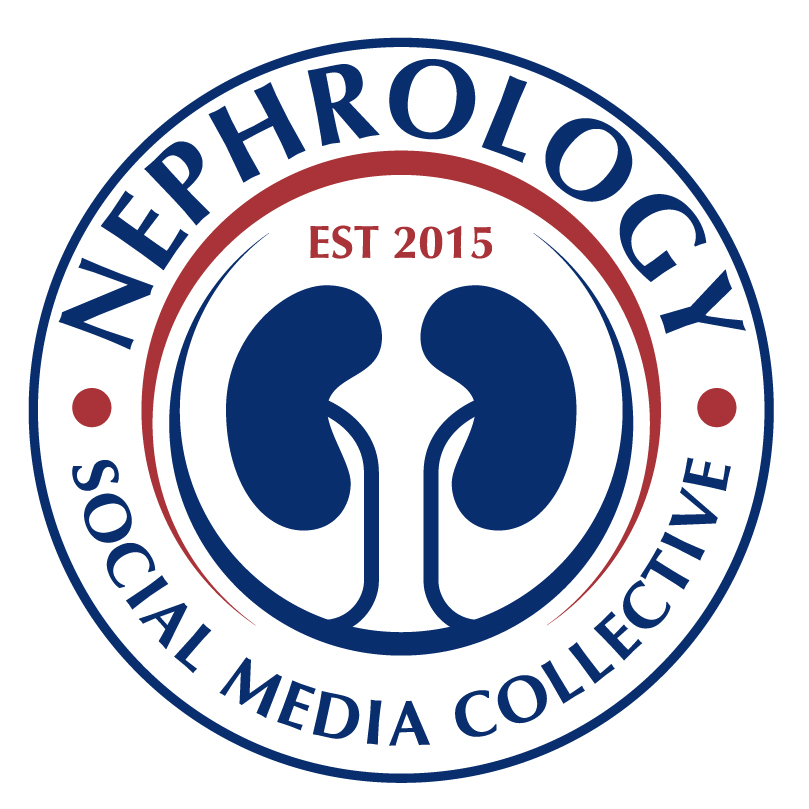 There are only limited treatment options for hepatorenal syndrome, and many would argue that treatment of type I hepatorenal syndrome (the bad kind) in the absence of a plan for liver transplantation is a futile effort. Over the past few years, however, there has been evidence accumulating for the use of terlipressin in the treatment of hepatorenal syndrome.
There are only limited treatment options for hepatorenal syndrome, and many would argue that treatment of type I hepatorenal syndrome (the bad kind) in the absence of a plan for liver transplantation is a futile effort. Over the past few years, however, there has been evidence accumulating for the use of terlipressin in the treatment of hepatorenal syndrome.The data derive mostly from Europe, and terlipressin is not yet available in the United States. Terlipressin is an analogue of vasopressin, and is relatively specific for the V1 receptor--recall that it is the V1 receptors in the vasculature which mediate vasoconstrictive effects while it is the V2 receptors in the basolateral membrane of the distal nephron which mediate water homeostasis.
Another study by Krag et al took patients with ascites but WITHOUT hepatorenal syndrome and gave them either terlipressin or placebo. They demonstrate that GFR increased substantially in the terlipressin group, providing some further physiologic evidence for this approach.
I hope this therapy pans out--hepatorenal syndrome is one of those diagnoses I often feel helpless treating, and I'm not 100% sold on the effectiveness of the midodrine/octreotide approach that appears to have been adopted as the "standard of care", without rock-solid evidence in my opinion, at the hospitals I have worked in thus far.
















No comments:
Post a Comment